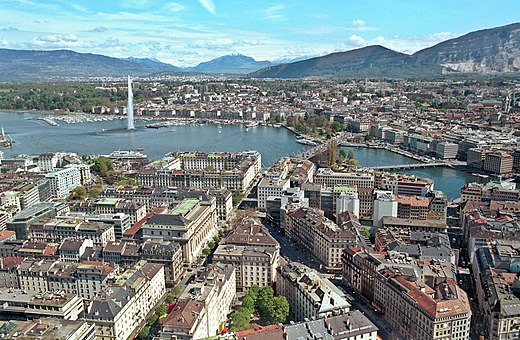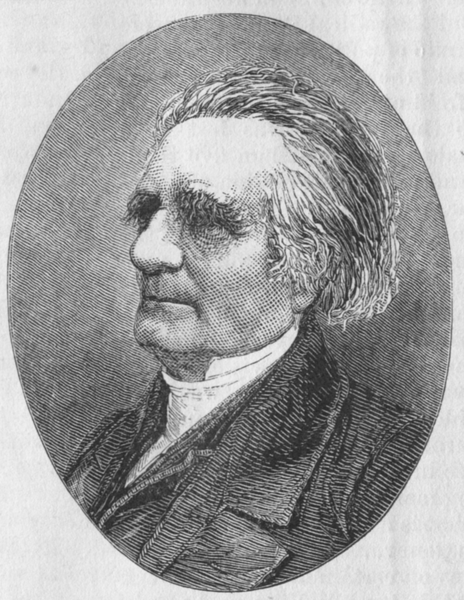.png/350px-Jean-Henri_Merle_d'Aubign%C3%A9_(Harper's_Engraving).png) |
| D'Aubigne |
Jean-Henri Merle D'Aubigne was born on August 16th 1794. He lived in Geneva, where the great reformer John Calvin had lived 250 years before. But by the 1800s Calvin's reformation was gone and had been replaced by Unitarianism and other heresies. He was saved while studying for the ministry, and was ordained in 1817. In 1817 on the 300th of anniversary of the Reformation he visited Wartburg Castle where Martin Luther was kept. There he decided that he eventually wanted to write a history of the Reformation. He was a preacher in Hamburg and Brussels until 1831 when he returned to Geneva. There he assisted the establishment of a reformed theological seminary in Geneva. He was professor of Church History there for 41 years until his death. He was a great preacher in Geneva and was one of the leaders of the the reformation there. While he was in Geneva he wrote his two major books on the Reformation, a five volume History of the Reformation of the Sixteenth Century and an eight volume History of the Reformation in Europe in the Time of Calvin. He traveled all over Europe to study the original source documents. These books were very important in the history of the church. “For the first time, the Reformation, with all the various and boundless benefits which it has conferred upon the world, is beginning to be, in some measure, comprehended by mankind.” 1 A historian wrote that his writings “had a wider circulation, at least in the English translations, than any other book on church history.”2 D’Aubigne’s writings are still a great way to learn about church history. You can buy them here.
 |
| Geneva Today |
1 J. H. Merle D'Aubigne, The Life and Writings of J. H. Merle D'Aubigne – The History of the Reformation in the Sixteenth Century (Harrisonburg, VA: Sprinkle Publications, 2001) volume 1, p. XV
2 http://www.visionforum.com/hottopics/articles/2005-04-14_001.aspx







